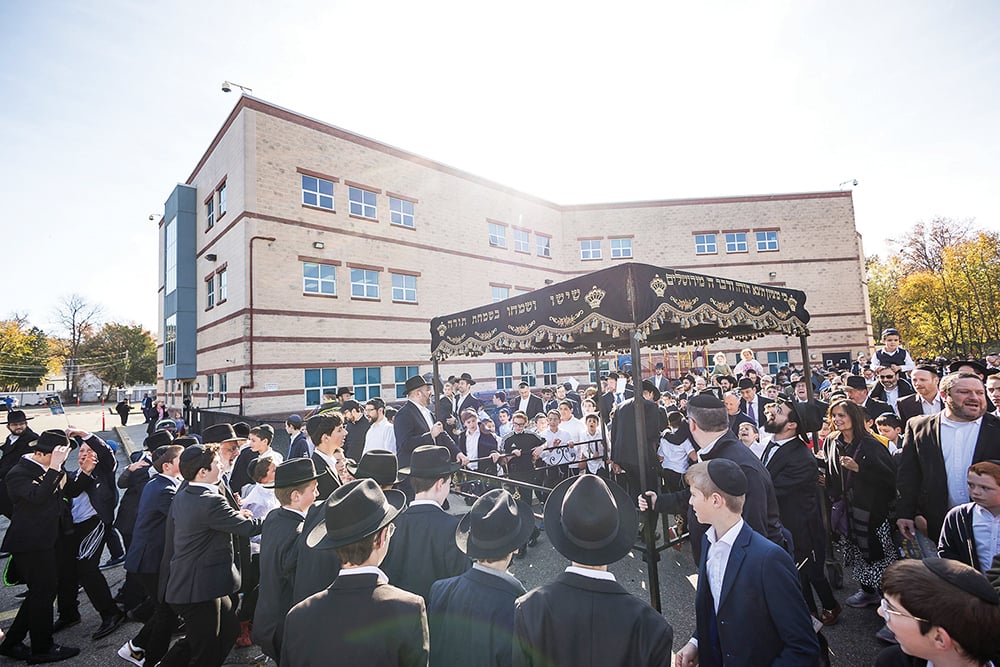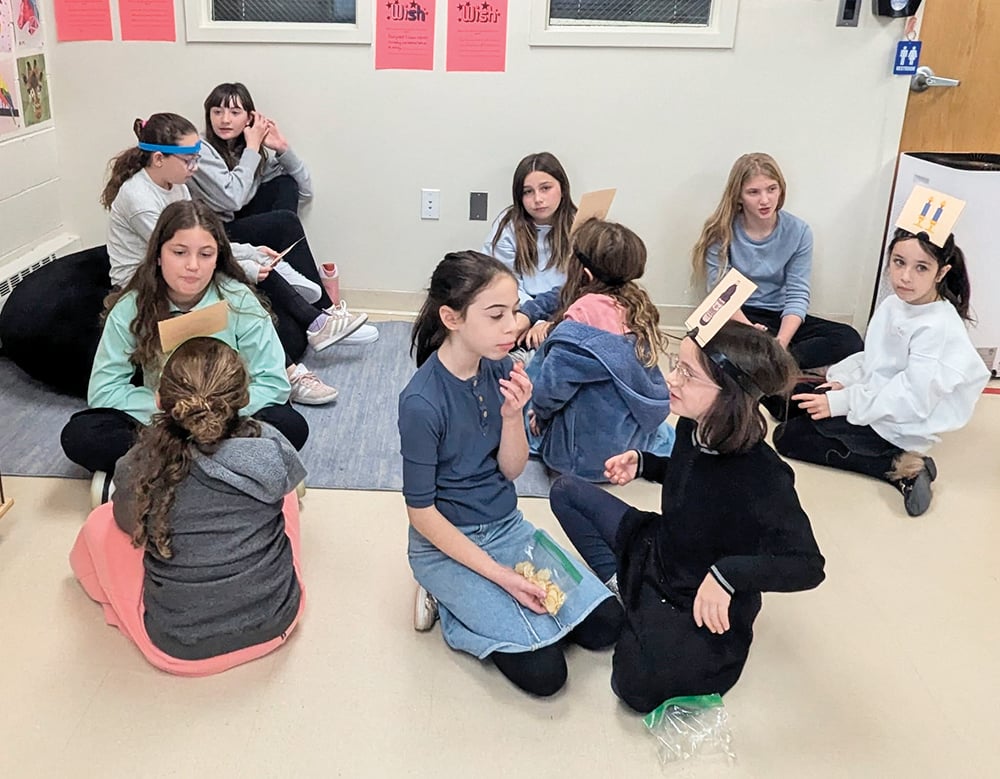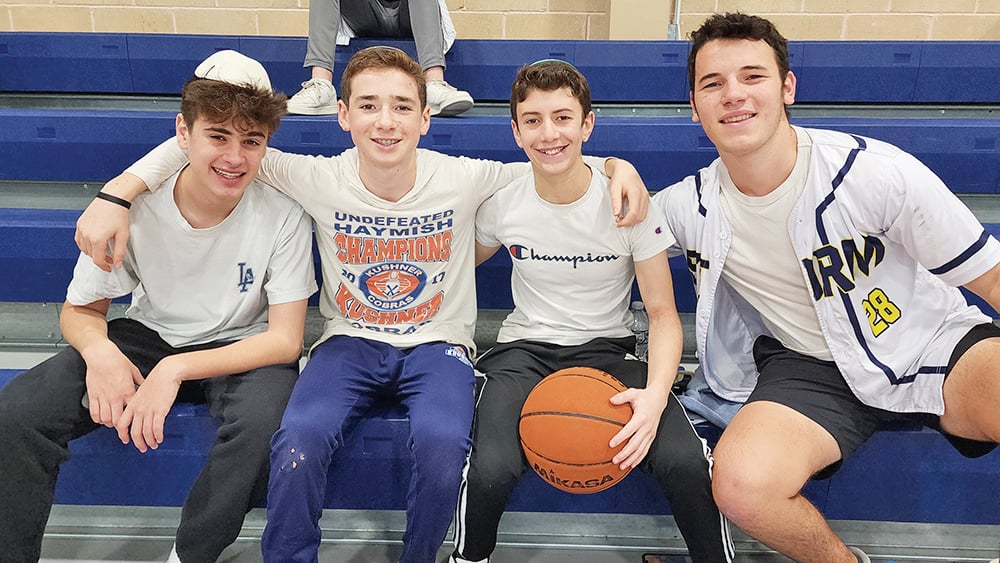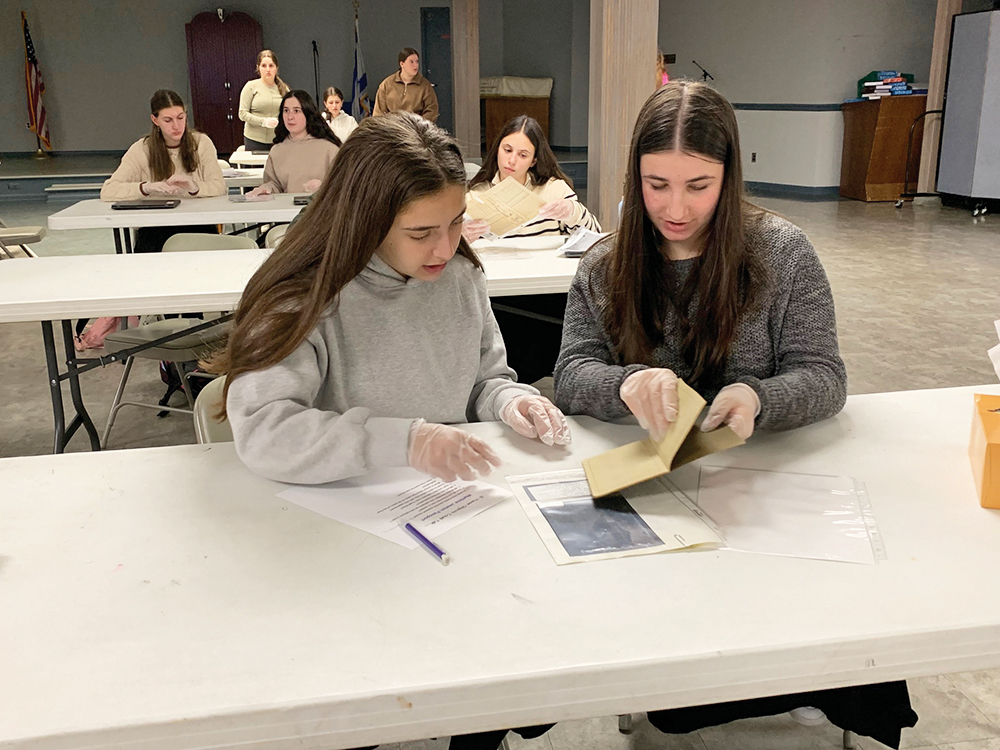We are about to observe the secular holiday of Mother’s Day. To some it is only a Hallmark card tradition. To others it is a chance to pause and appreciate all that our mothers have done for us.
Shlomo Hamelech (King Solomon) advises: “Listen, my child, to the rebuke of your father; and do not forsake the Torah of your mother” (Mishlei/Proverbs 1:8). The commentators explain that while it is the father’s role to educate his child in the study of Torah, it is the mother who creates the proper atmosphere in the Jewish home. It is her duty to see to it that the atmosphere be one of Torah, kedusha and shalom—an environment that encourages love of Torah and dedication to mitzvot.
The Gemara in Kiddushin (31a) related the story of R’ Tarfon and the respect he showed toward his elderly mother. Whenever she wanted to go to bed he would bend down and she would climb into bed by stepping on his back. Whenever she wanted to come out of bed he would again bend down and she would step on his back to get down. He went to the study hall and praised the fact that he was able to fulfill the mitzvah of honoring his mother in such a fashion.
In Shemot, we read about the two midwives who feared God and did not follow Pharaoh’s command to kill the Jewish baby boys as they were being born. The names of the midwives were listed as “Shifra” and “Puah.” In Talmud Sotah (11b) we read that Shifra and Puah were really just the nicknames for Yocheved and Miriam. Shifra was a nickname that came about because Yocheved beautified the baby boys, straightening them out and making them look good. Puah was a nickname that came about when Miriam was cooing at the babies, making baby sounds like “pu, pu, ah, ah.” She would comfort them to calm them as they were being born, probably to prevent detection by their loud crying. In modern-day terms that would be translated as making cooing sounds such as “goo, goo, gah, gah.”
Yocheved and Miriam were heroes in their own right. After all, they chose to defy a direct order form Pharaoh. Why, then, does the Torah refer to them by their nicknames, reflecting the work they did as midwives with babies? Would we want to be remembered eternally in the Torah by our real names or by nicknames such as “goo, goo, gah, gah”?
R’ Eli Mansour offered one explanation as to why these midwives are eternally remembered in the Torah by their baby nicknames. This is a teachable moment and a lesson for us all. Many people are able to rise to the occasion at special moments and do something great. We see examples of this many times in life. Yocheved and Miriam rose to greatness by defying a direct order from Pharoah and probably putting their lives in danger. Rather than looking at isolated moments of heroism, though, the true test of greatness may come about when we look at how a person comports themselves day in and day out. This is what we are to look at when we view Shifra and Puah dealing on a daily basis with the baby boys.
R’ Mansour explained as follows: Many people do not regard parenting as a glorious profession, but in light of this lesson of Shifra and Puah, good parenting is the greatest of all achievements. A good mother works consistently, every day, tending to the children’s needs on an ongoing basis. She cooks and serves dinner, helps with homework, chauffeurs the children to appointments, birthday parties and after-school programs. Each chore on its own may not necessarily reflect greatness, but when all this is done consistently, day in day out, week after week, and year after year, it reflects greatness like nothing else.
As such, appreciating the efforts and sacrifices that our mothers put forth to raise us, especially on Mother’s Day, may actually reflect true Torah ideals. The Gemara equates honoring one’s mother and father as being equivalent to honoring God. After all, mother, father and God were all partners in the creation of a child.
May we all endeavor to honor our true Torah “heroes,” the virtuous mothers and fathers, consistently doing the day-to-day work necessary to be a good parent over the long run. May we be rewarded for our own heroism by raising children who give us much Yiddishe nachas in return.
Rabbi Dr. Avi Kuperberg is a forensic, clinical psychologist in private practice. He is president of the Chai Riders Motorcycle Club of NY/NJ. He leads the Summit Avenue Shabbos Gemara shiur and minyan in Fair Lawn, NJ, and is a member of the International Rabbinical Society. He can be reached at [email protected].













